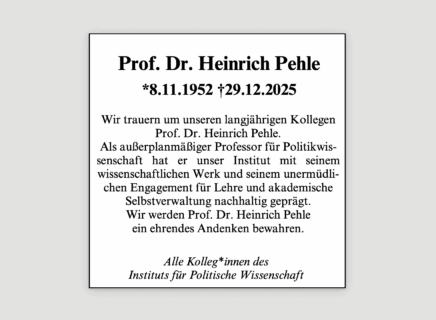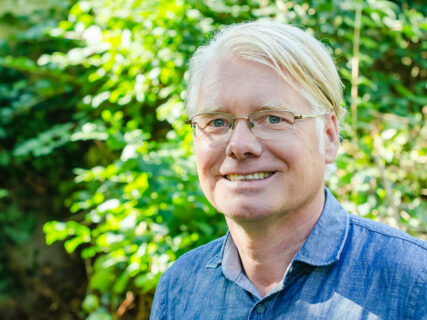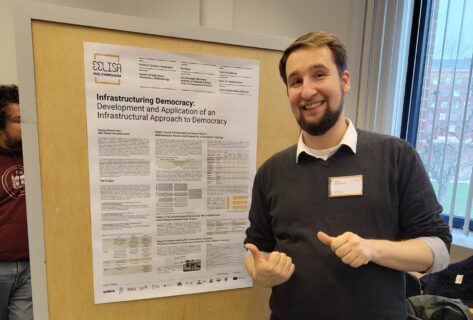Front page
Political Science at FAU
The Institute of Political Science has been a driving force of the discipline in Germany since its foundation in 1961. The Institute’s locally anchored research groups stand out for their strong scientific output and practical orientation, as well as their international outlook. Our research and teaching focuses on challenges to democracies and states that deviate from the democratic norm, on the accelerating changes in the international order, including transnational phenomena, and on managing technological innovation. Read more…









